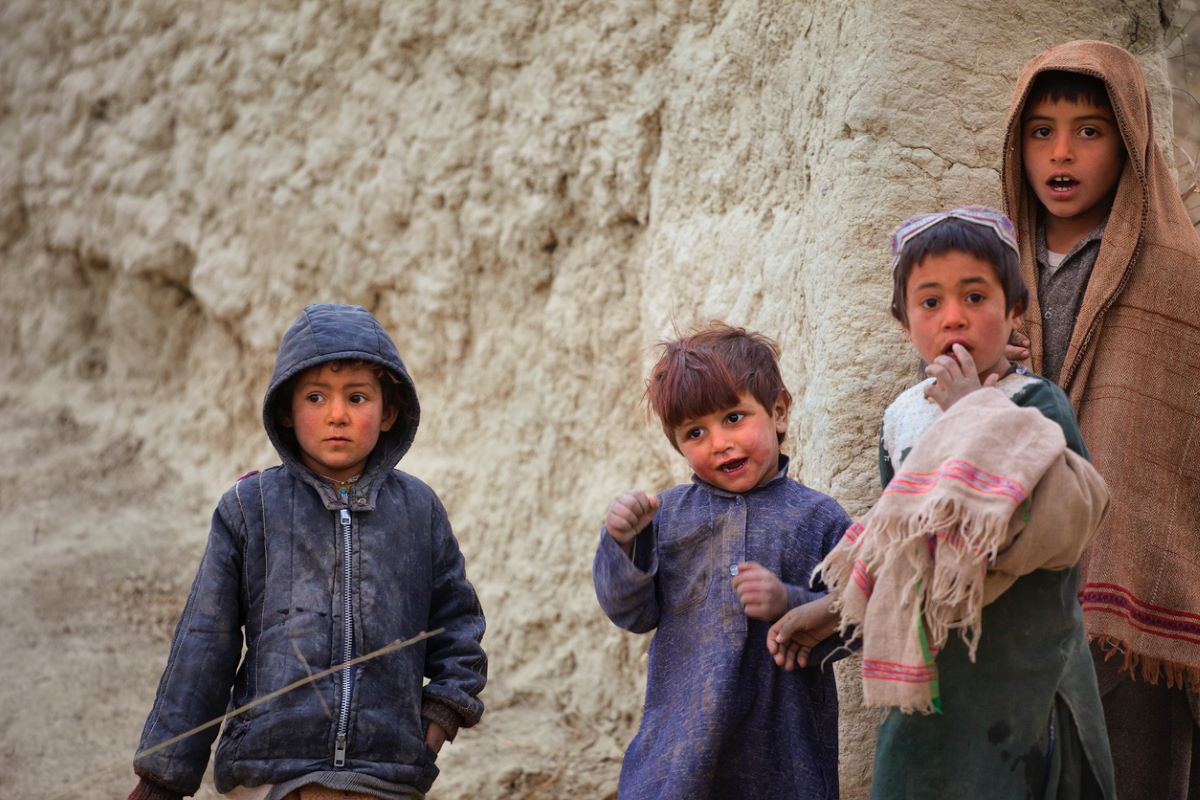The striking feature of the Taliban talks in Oslo, the capital of Norway, must be that they have sparked a fresh debate on the ever so critical facet of recognition of the hardliner regime.
Eloquent protestations on the rights of girls and women have led the country nowhere. This is for the first time since the Taliban assumed power last August that its representatives have held official meetings in Europe, and in a place far removed from Doha and not merely in terms of distance. The meeting is being attended by Western officials and Afghan civil society representatives, and against the backdrop of a deteriorating humanitarian situation in Afghanistan.
Advertisement
The talks were not without controversy, however, reigniting the debate over whether they legitimise the Taliban government, especially since they were being held in Norway, a Nato member involved in Afghanistan from 2001 until the Taliban takeover. Speaking at the end of the first day of talks, Taliban delegate Shafiullah Azam said the meetings with Western officials were “a step to legitimise (the) Afghan government,” adding that “this type of invitation and communication will help (the) European community, (the) U.S. or many other countries to erase the wrong picture of the Afghan government.”
The Norwegian Foreign Minister, Anniken Huitfeldt, stressed that the talks were “not a legitimation or recognition of the Taliban.” Taliban leaders met with some women’s rights and human rights activists on Sunday, but there was no official word about those talks. The representatives will meet delegations from Western nations and will almost certainly press their demand that nearly $10 billion frozen by the United States and other Western countries be released as Afghanistan faces a precarious humanitarian situation.
The United Nations has warned that as many as one million Afghan children are in danger of starving and most of the country’s 38 million people are living below the poverty line. Faced with the Taliban’s request for funds, Western powers are likely to put the rights of women and girls in Afghanistan high on their agenda, along with their recurring demand for the Taliban administration to share power with Afghanistan’s minority ethnic and religious groups. Since sweeping to power in mid-August, the Taliban have imposed widespread restrictions, many of them directed at women.
Women have been banned from many jobs outside the health and education fields, their access to education has been restricted beyond the sixth grade and they have been ordered to wear the hijab. The Taliban have, however, stopped short of imposing the burqa, which was compulsory when they ruled in the 1990s.
The Taliban have increasingly targeted Afghanistan’s beleaguered rights groups, as well as journalists, detaining and sometimes beating up television crews covering demonstrations. A US delegation, led by Special Representative for Afghanistan Tom West, plans to discuss “the formation of a representative political system; responses to the urgent humanitarian and economic crises; security and counterterrorism concerns; and human rights, especially education for girls and women,” according to a statement released by the State Department.









